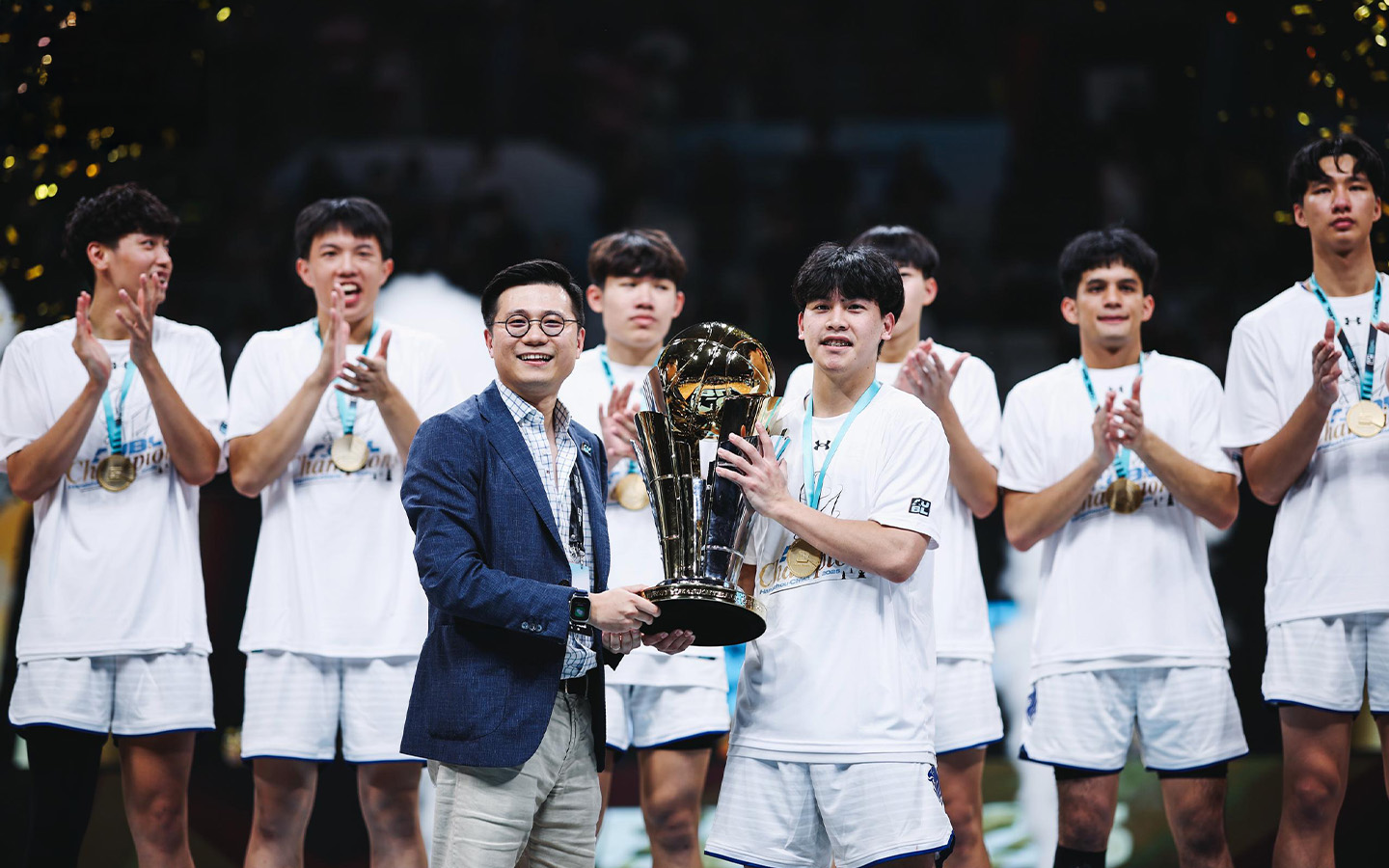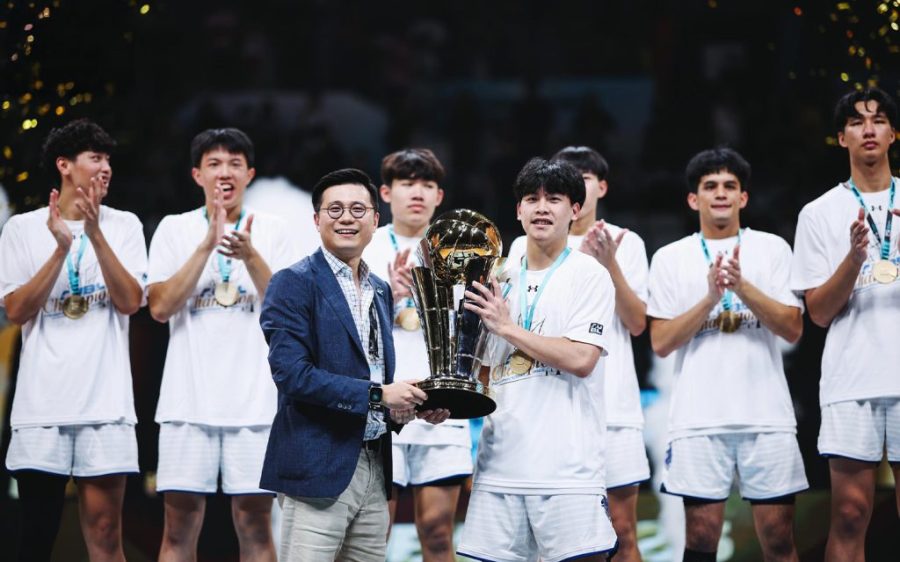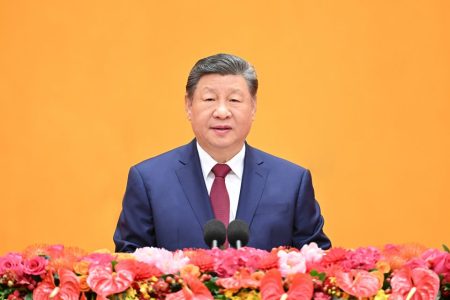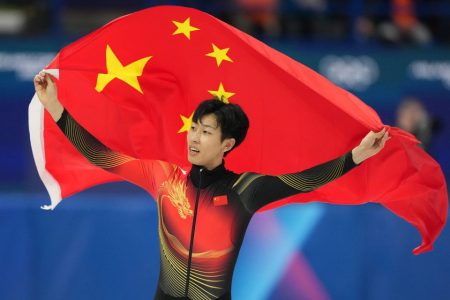Asian University Basketball League (AUBL) CEO Jay Li believes the future of basketball in Asia will be built on campuses.
In a wide-ranging conversation with Macao News, Li – who previously worked at the NBA and CBA – explains why a pan-Asian college league can succeed where new pro leagues often struggle, how the timing aligns with the rise of Asia’s top universities, and why AUBL aims to be more than a sports product.
It’s a vision that blends sustainable business, elite competition, and cultural exchange – one that’s already gaining momentum after a strong debut in Hangzhou. Macao News caught up with Li on a call to learn more about the idea behind AUBL and where it’s headed.
From courtside kid to league architect
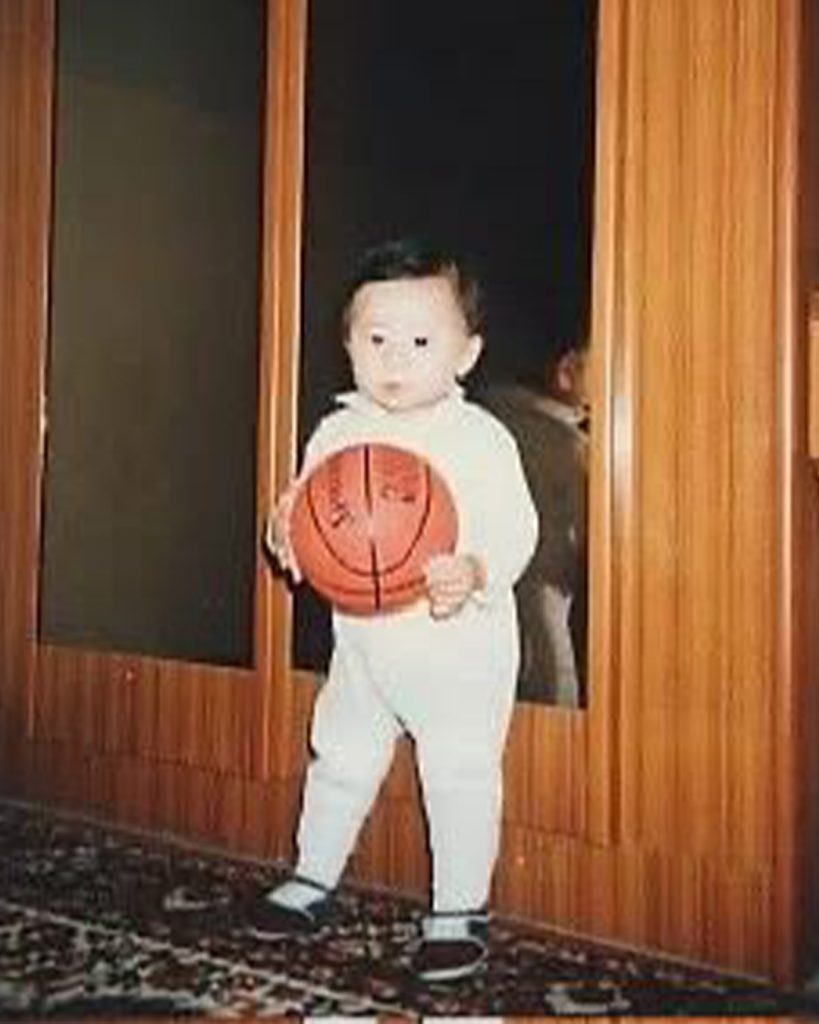
Li’s relationship with basketball started young – so young that there’s a photo of him holding an NBA ball before he could properly walk. Growing up in Beijing, he fell in love with the NBA and icons like Michael Jordan, and later watched Yao Ming’s growth boost interest in the sport across China. He played in school, but realised early on that his future would be in building the game rather than playing it professionally.
“I really enjoy working in leagues,” he says. After formative roles at the NBA and the Chinese Basketball Association, where he worked on strategic initiatives under Commissioner Yao, Li became convinced that leagues are the essential infrastructure for compelling sports competition. “If you only see two teams competing with each other repetitively, it will be boring,” he says. Leagues bring teams together, create variety, and organise the ecosystem.
[See more: Thrills in Macao as Nets edge Suns 111-109, Texas showdown confirmed for 2026]
When Li began exploring the creation of a new league in 2023, he initially considered a professional format. But the realities of the sports business – sponsorships, media rights, merchandise, and ticketing – made a startup pro league difficult to sustain at scale in Asia’s crowded domestic landscapes. “The point of professional sports is everybody who is involved has to make money out of it,” he explains. “For startup leagues, it’s very challenging.”
The pivot to the university space came from a cultural insight that in Asia, higher education has extraordinary social influence, often greater than sports clubs, and basketball is the most popular campus sport.
“If you jump out of sports, definitely universities are way more influential and famous,” he explains. “Those universities are the world-class brands we want to work with.”
Why Asia’s college hoops boom now
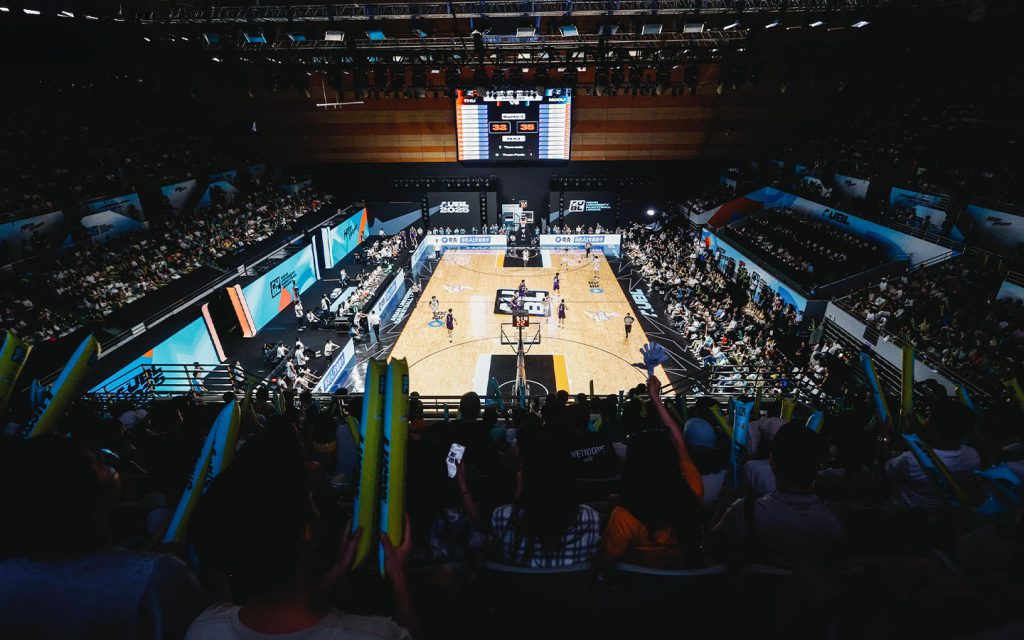
AUBL arrived at a moment when college sports are growing globally, and Asian universities are rising in international prestige. Li points to Tsinghua University, an AUBL participant and 2025 runner-up, which now ranks among the world’s top 15 institutions by several global measures. That rise, he says, creates a new platform for regional competition and narratives that resonate beyond sport.
The early results support the bet. According to Li, AUBL’s showcase in Hangzhou drew more than 30,000 live attendees over a week, over 100 million live broadcast views, and surpassed 2 billion internet impressions. “We knew it was going to be great, but it turned out to be better than we expected,” Li says. The buzz continued at the NBA China Games in Macao, where AUBL was cited in panels and conversations among industry leaders.
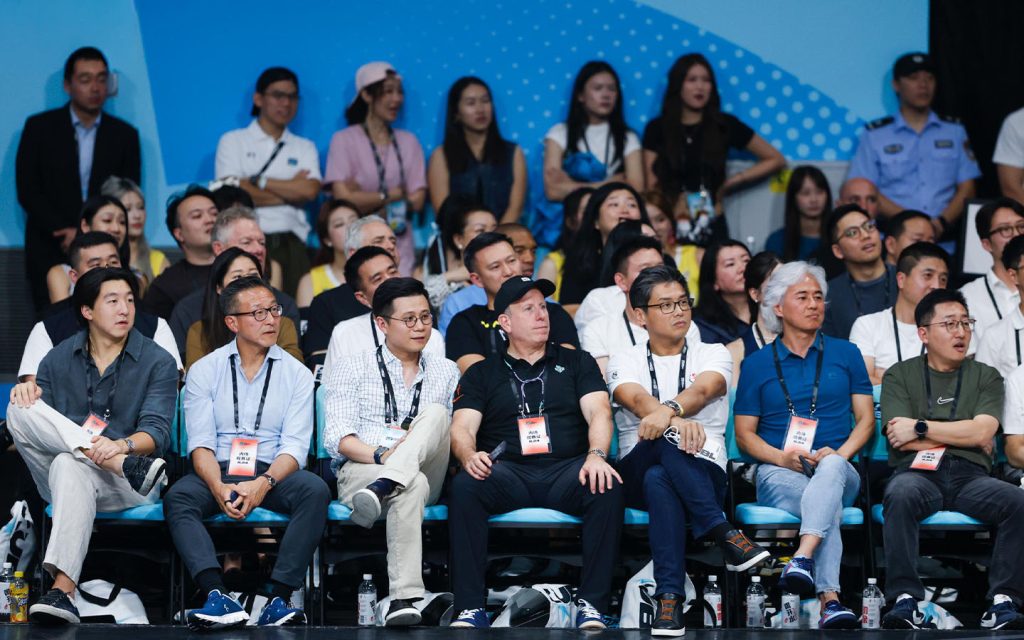
Support from strategic partners has been crucial, particularly from Joe Tsai, co-founder of Alibaba and owner of major professional teams. Li calls Tsai “a very good mentor and friend,” noting his long-standing commitment to college sports, including bringing Pac-12 regular-season games to China pre-COVID.
When Li pitched the AUBL concept, Tsai “was immediately sold on the idea,” seeing both the social impact and viable business model. Beyond investing, Tsai has served as an ambassador for the league’s mission to bridge East and West.
Beyond the buzzer: culture and pipeline
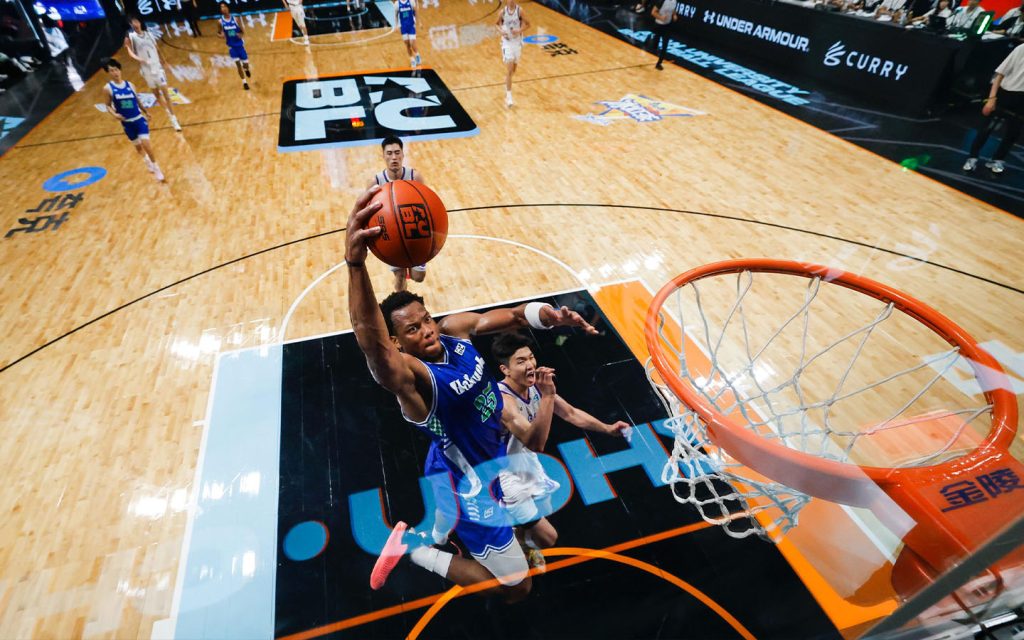
AUBL started with 12 teams at its 2025 Hangzhou event and plans to expand to 16 teams next season, including a proposed addition from Macao. While the exact competition format hasn’t been announced, Li confirms AUBL will feature multiple conferences with a regular season that feeds into an Elite Eight postseason. Demand from universities across Asia is growing faster than the league can currently accommodate, suggesting a pathway to further expansion in the coming seasons.
But AUBL’s ambition extends beyond the court. Li envisions a league that galvanises entire campuses – students as players, fans, cheer squads, media crews, and event organisers – mirroring the all-campus energy seen in US college sports.
“The whole campus is mobilised,” he says. “That’s what we want to achieve. It’s an excuse for celebration.” He also emphasises the league’s role in cultural exchange. In Hangzhou, students from different regions connected as friends and peers, demonstrating the soft-power value of sport among Asia’s youth.
[See more: The first NBA Flagship Store in Macao and Hong Kong opens at The Londoner Macao]
On talent development, Li is optimistic. By increasing the level of competition and producing games for global audiences, AUBL aims to develop better players and raise their visibility to scouts and professional leagues. Interest is already organic, he says, and conversations within the NBA and other top leagues have begun. While he doesn’t position AUBL as a rival to the NCAA, he believes the league’s local relevance – games played in home cities, featuring institutions people already care about – gives it a distinct identity and value.
Looking ahead, Li measures success across multiple axes, like brand recognition, cultural relevance, media visibility, sustainable business, and a functioning pipeline that can send elite talent to top professional leagues, including the NBA.
In five years, he wants AUBL champions to make national news in every market where the league operates. Financially, he avoids big promises but is confident in “exponential” growth in viewership, revenue, and attendance over the next three years, driven by a clear product-market fit and the scale of Asia’s basketball fan base.
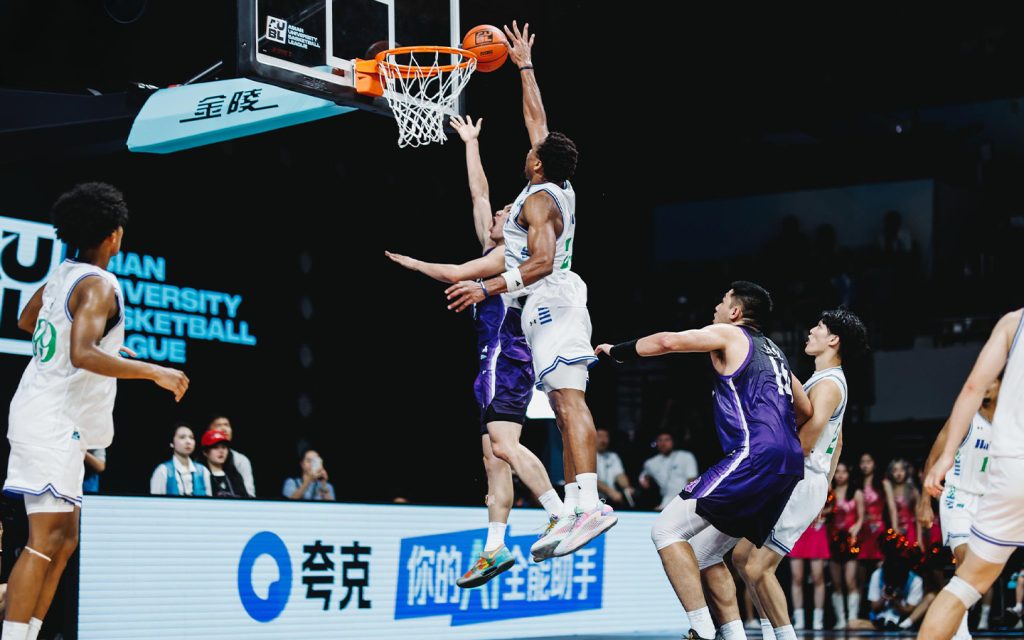
“The potential is ‘sky’s the limit,’” he says. Asia houses the world’s largest basketball audience, with China alone representing perhaps half of it. Anchor markets like China, Japan, and Korea, combined with the credibility of elite universities and the accessibility of campus fandom, create a foundation few regional properties can match.
AUBL may have started as a pivot, but it’s quickly becoming a platform, one that celebrates sport, elevates education brands, and connects young people across borders. If Li’s thesis holds, the league won’t just stage games, but it will help shape a new era of Asian college culture, where a championship is both a sporting achievement and a shared regional story.
– With reporting by Christopher Chu
